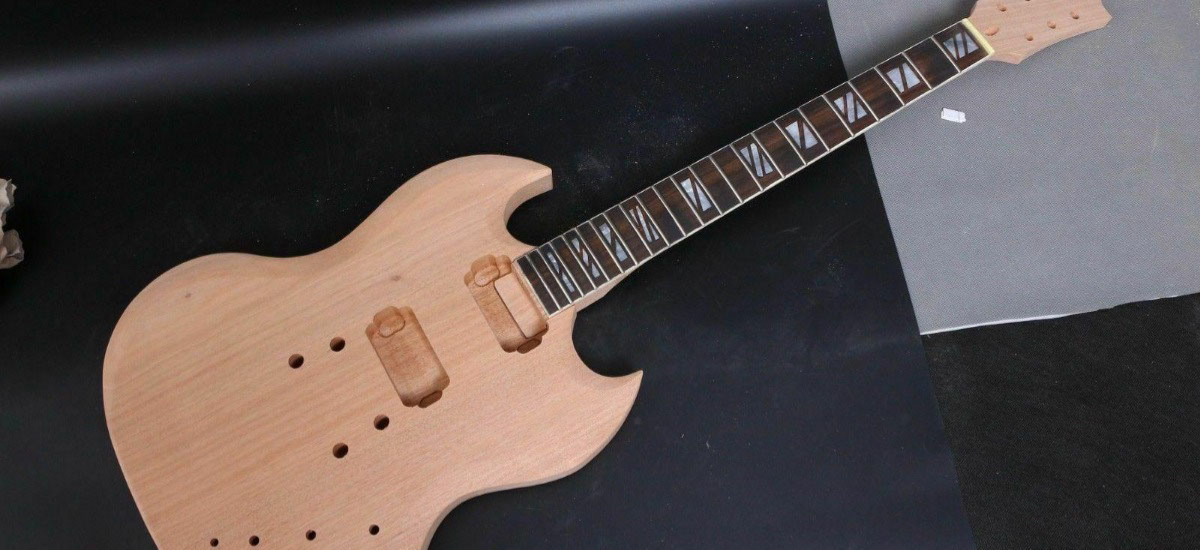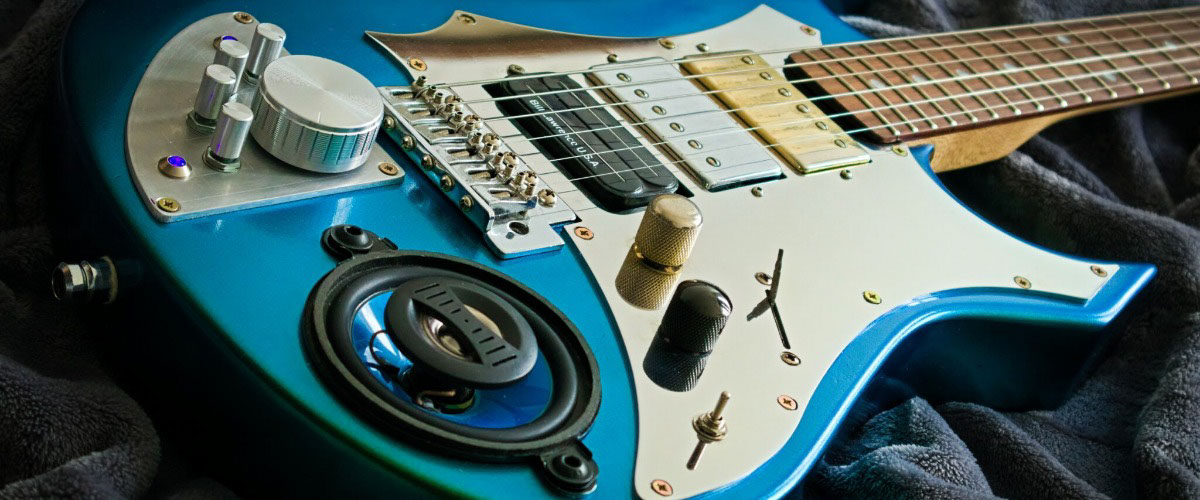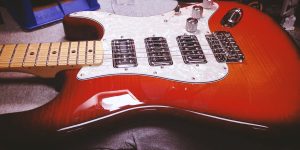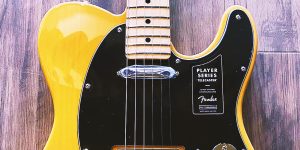A wide variety of this music instrument are available on the market, from acoustics to electrics. You can find models suitable for any playing style, and many guitarists own more than one type of guitar. As a result, you can find a guitar to fit almost any budget. Guitars range in price from around $50 to over $10,000.
What are the differences between cheap and expensive guitars?
Before making a purchase, you should be aware of several significant differences between cheap and expensive guitars.
Guitar body and neck

The body is the largest part of the instrument, where the strings are mounted. The neck is attached to the body and contains the fret board, on which the player presses the strings in order to create different notes.
In general, cheaper guitars have less-desirable woods for their bodies and necks. For example, a lot of inexpensive guitars use laminated wood for their necks, which is not as strong or durable as solid wood. In addition, it means that the neck of a cheap guitar is more likely to warp or bend over time.
The body of a cheap guitar is also likely to be made from lower-quality woods. Unfortunately, these woods are not as resonant as higher-quality woods, meaning that the cheap option will not have as good of a tone.
On the other hand, manufacturers use higher-quality materials for expensive guitars . For example, the body and neck are usually made from solid wood, which gives the instrument a richer, more resonant sound. The fret board is also likely made from a higher-quality wood, such as ebony.
Another difference is the way the neck of the guitar is constructed. Cheap options often have bolt-on necks, while more expensive guitars will have a set-in neck. Bolt-on necks are cheaper and easier to produce, but they are also less sturdy and can cause the guitar to go out of tune more easily. Set-in necks are more expensive to produce, but they are also much more stable and less likely to go out of tune.
Finally, the finish is the most visible difference between cheap and expensive guitars. Cheap guitars often have a lower quality finish, prone to chipping and scratching. Expensive guitars have a higher quality finish that will last longer and look better.
In general, expensive guitars will have better-quality materials and construction, resulting in a better-sounding and longer-lasting instrument.
Guitar electronics

The most significant difference in the electronics of cheap and expensive guitars is in the quality of the components.
Cheap guitars typically have lower-quality pickups, potentiometers, and wiring. As a result, these components are more likely to break or wear out over time. Conversely, expensive guitars usually have higher-quality pickups, better wiring, and sturdier hardware. It results in a guitar that will last longer and sound better over time.
Another difference is in the way the electronics are mounted. Cheap guitars often have electronics bolted onto the body, while more expensive guitars will have electronics that are flush-mounted or recessed into the body. It results in a guitar being less likely to suffer from electronic problems.
Finally, expensive guitars typically have more sophisticated electronics, such as active pickups and onboard effects processors. It allows for more control over the guitar’s sound, giving players more flexibility in shaping their tone.
Guitar shielding
Guitar shielding is the process of lining the interior of your guitar’s body with a conductive material in order to protect it from electromagnetic interference (EMI).
Cheap guitars usually have a layer of aluminum foil applied to the inside of the guitar body. It does a decent job of blocking electromagnetic interference but is not as effective as more expensive materials like copper. Expensive instruments often have copper shielding paint applied to the inside of the guitar body. Again, it does better blocking electromagnetic interference but is more expensive.
As a result, cheap guitars are more susceptible to buzzes, feedback, and poorer sound quality. Conversely, expensive music instruments usually have better tone, sustain, and sound quality.
We are supported by our audience. When you purchase through links on our site, we may earn an affiliate commission at no extra cost to you.
Our newsletter
* We will never send you spam or share your email with third parties












